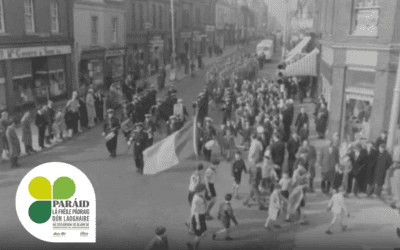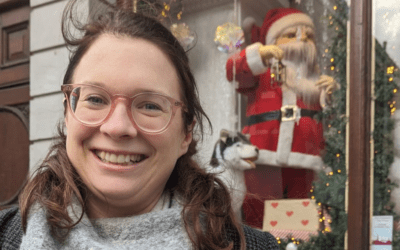Wednesday, July 15, 2015
Over the past couple of weeks, I have travelled through rural Ireland, from Sligo to Cork. Many towns and villages have retail properties unused, for sale, or to let. Despite the strong economic impulses in the capital, and in other cities, rural Ireland is being cut adrift from economic expansion. This is despite huge improvements in the ability of rural Ireland to connect with the wider world.
The road network has never been better and both mobile and fixed-line broadband — two virtual gateways with the world economy — are more accessible and cheaper and offer a wider spectrum than ever.
As importantly, rural Ireland is a real alternative to city living, at a property-cost significantly lower than in the capital and other large urban centres.
New energy is needed across Ireland’s rural community and an idea in the capital may be just the thing to provide the required roadmap.
Dun Laoghaire has a programme called the Business Improvement District (BID), which provides a valuable and well-considered template for any community pursuing economic momentum.
The BID brings together business interests, and others, to promote the attractions of the local community, while also providing incentives to stimulate investment.
These range from: (1) Listings of vacant office and retail premises, together with the costs; (2) A ‘Save You Money’ service that helps small businesses negotiate and save costs; (3) Connections to State agencies that can provide funding for start-up businesses and help entrepeneurs finance the early development of their companies.
This includes ‘innovation vouchers’ that allow small businesses buy services and skills within their local area; (4) Grant schemes that help kick-start events, sports, heritage and arts in the local area, and; (5) Grants for shop-front improvement.
In addition to these worthy elements, I would like to suggest a few other components that are more applicable in a rural environment: (1) A connectivity facility that provides detailed information and reference to all mobile and broadband services in a town, together with a public and private transport guide for wider integrated links; (2) A listing of unused and derelict residential properties in a town, together with links to local builders and estate agents who can ‘activate’ them, and; (3) A social media hub that can promote a town through Twitter, Facebook, Instagram, and any other social media to create a pro-investment culture.
Imagine transplanting these ideas onto a wide range of towns around rural Ireland. It would build morale and momentum by stepping up the appearance of a the town or village, promoting cultural activities that support tourism and spending, together with the broader ambition of triggering business development.
Such an initiative requires local leadership and a transparent system that avoids cronyism, while working in the best interests of the community. If the right package can be developed and implemented, the benefits could be highly significant.
It seems incongruous to me that so many shops, premises and houses lie empty and falling into disrepair within short driving distances of cities in Ireland that have begun to boom, or are even hampered by a lack of space.
Those under-utilised assets exist in a stable economy, while tax advantages make investment highly attractive, and young, qualified Irish men and women are available in large numbers from our third-level institutions to populate growth companies that have ambition.
None of this works without some strong and coherent leadership from within the local community. Half-baked efforts will only backfire, as they would create the wrong profile for an individual town.
On the other hand, a well-thought-out strategy and plan could pay off in spades. Checking out the Dun Laoghaire BID website would be a good start for anyone interested.
Joe Gill is director of Corporate Broking with Goodbody Stockbrokers. His views are personal.





